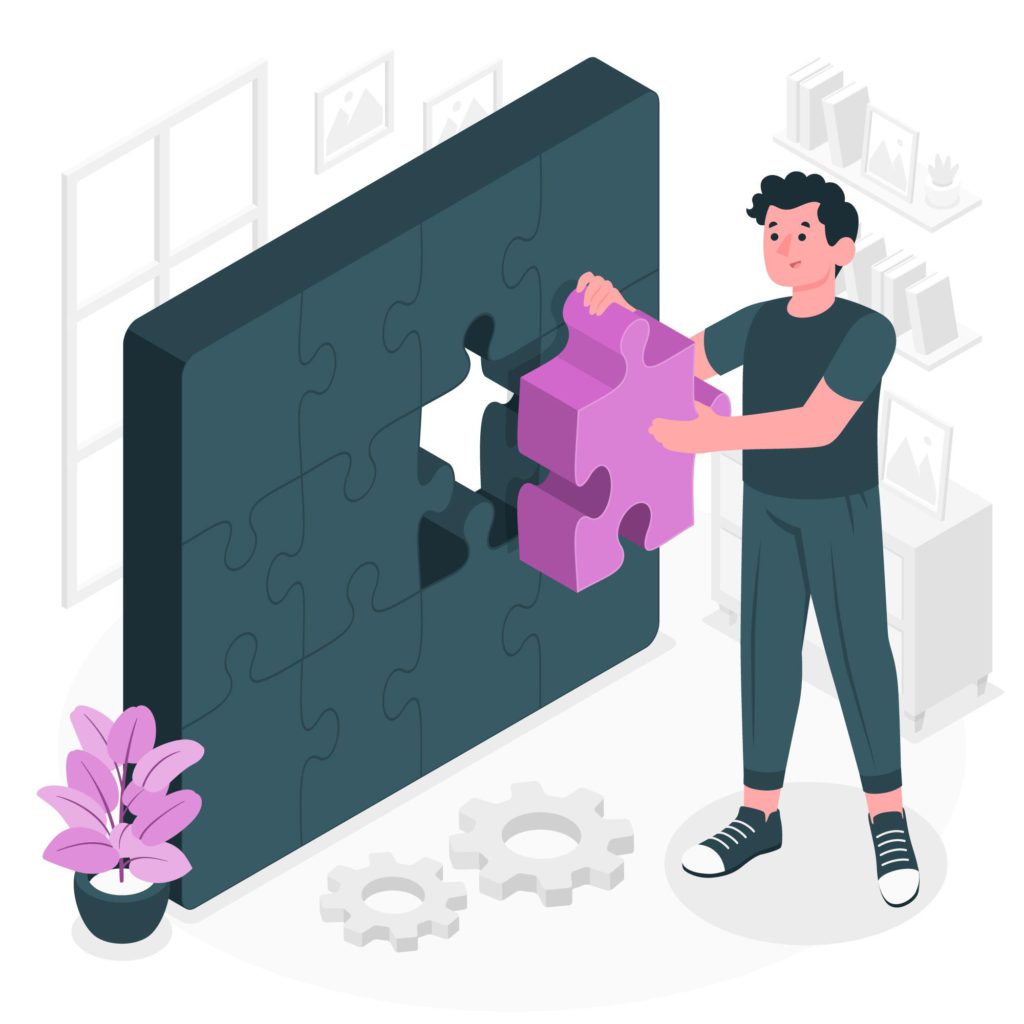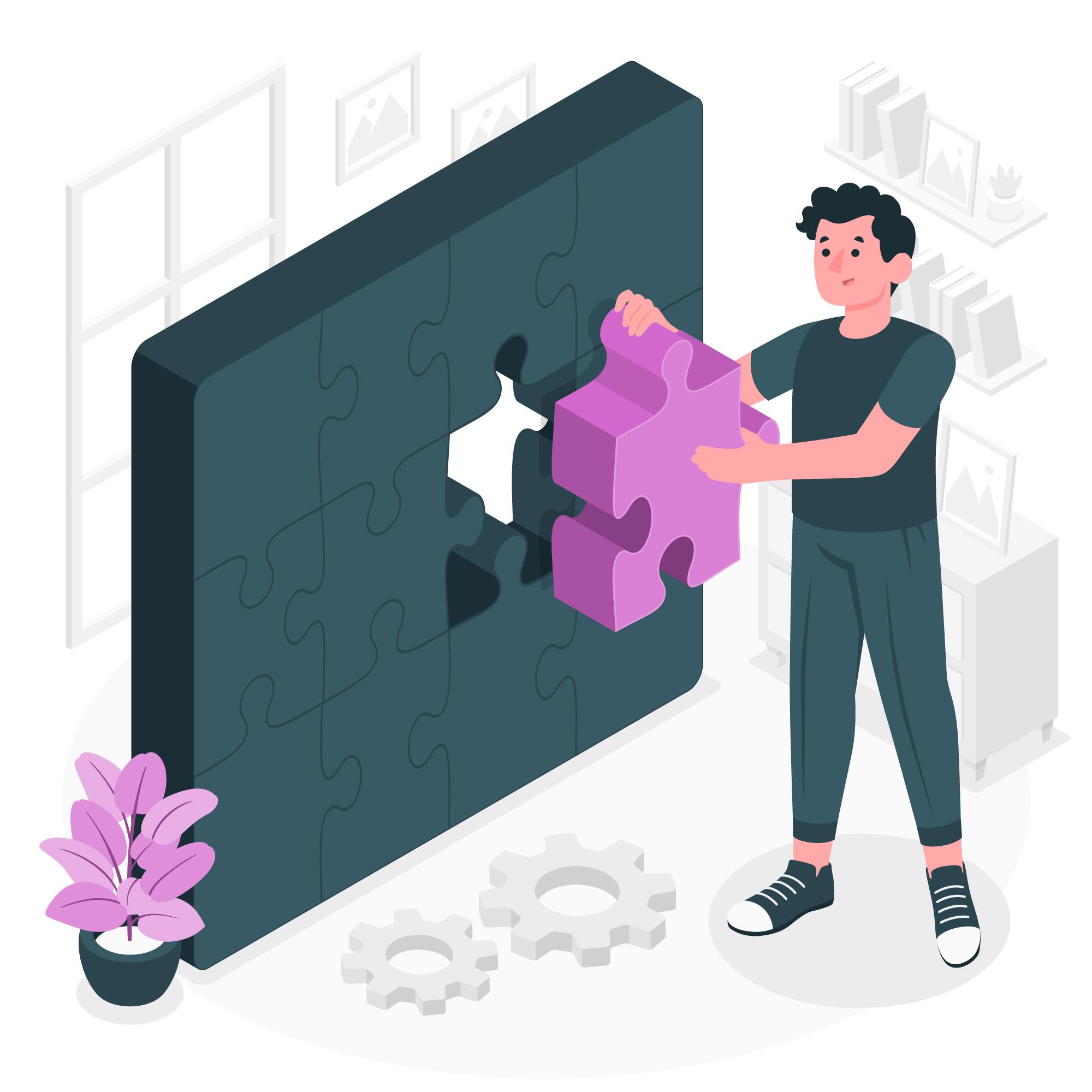HR at the Forefront: Balancing AI Advancements with Human Skill Development
In the dynamic landscape of the modern workplace, the significance of human skills, encompassing both soft and hard skills, has never been more pronounced. As organizations navigate through the age of AI and automation, it’s HR that takes center stage in nurturing and honing these critical attributes in employees.
Fostering a Skill-Driven Culture:
HR plays a pivotal role in shaping an organizational culture that prioritizes the development of human skills. By championing programs that encourage continuous learning, adaptability, and effective communication, HR creates an environment where employees are not only valued for their technical proficiency but also recognized for their interpersonal strengths.
Identifying Skill Gaps and Customizing Training:
One of HR’s key responsibilities lies in identifying skill gaps within the workforce. Through surveys, and performance evaluations, HR professionals gain valuable insights into the areas where employees could benefit from skill development. They then collaborate with department heads and managers to tailor training programs that address these specific needs.

Curating Learning Opportunities:
HR departments curate a diverse range of learning opportunities, from workshops and seminars to online courses and mentorship programs. These initiatives are designed to enhance both hard and soft skills, ensuring that employees remain versatile and equipped to tackle the evolving demands of their roles.
Facilitating Cross-Departmental Collaboration:
HR acts as a bridge, facilitating cross-departmental collaboration aimed at sharing knowledge and expertise. By fostering an environment where employees are encouraged to seek insights from colleagues in different roles or departments, HR contributes to a more well-rounded and adaptable workforce.
Ensuring Diversity, Equity, and Inclusion (DEI):
DEI is integral to a workforce that thrives on human skills. HR is at the forefront of efforts to promote diversity in hiring, create inclusive policies, and establish a workplace where every individual’s unique skills and perspectives are valued.
Measuring and Evaluating Skill Development:
HR professionals implement metrics and key performance indicators (KPIs) to track the progress of skill development initiatives. This data-driven approach enables organizations to measure the impact of training programs. Therefore it is possible to make necessary adjustments for continuous improvement.
Empowering Employees to Drive Their Development:
HR empowers employees to take ownership of their skill development journey. By providing resources, guidance, and mentorship, HR encourages self-driven learning. That allows employees to proactively identify areas for improvement and take steps towards honing their skills.
Conclusion:
In the era of automation and AI, the cultivation of human skills remains a linchpin for organizational success. HR’s strategic role in identifying, nurturing, and harnessing these skills ensures that employees are not only technically proficient. It also possess the interpersonal and adaptive qualities that drive innovation, collaboration, and sustained growth. Through thoughtful initiatives and a keen focus on individual development, HR continues to be the driving force behind a skillful, empowered, and future-ready workforce.









